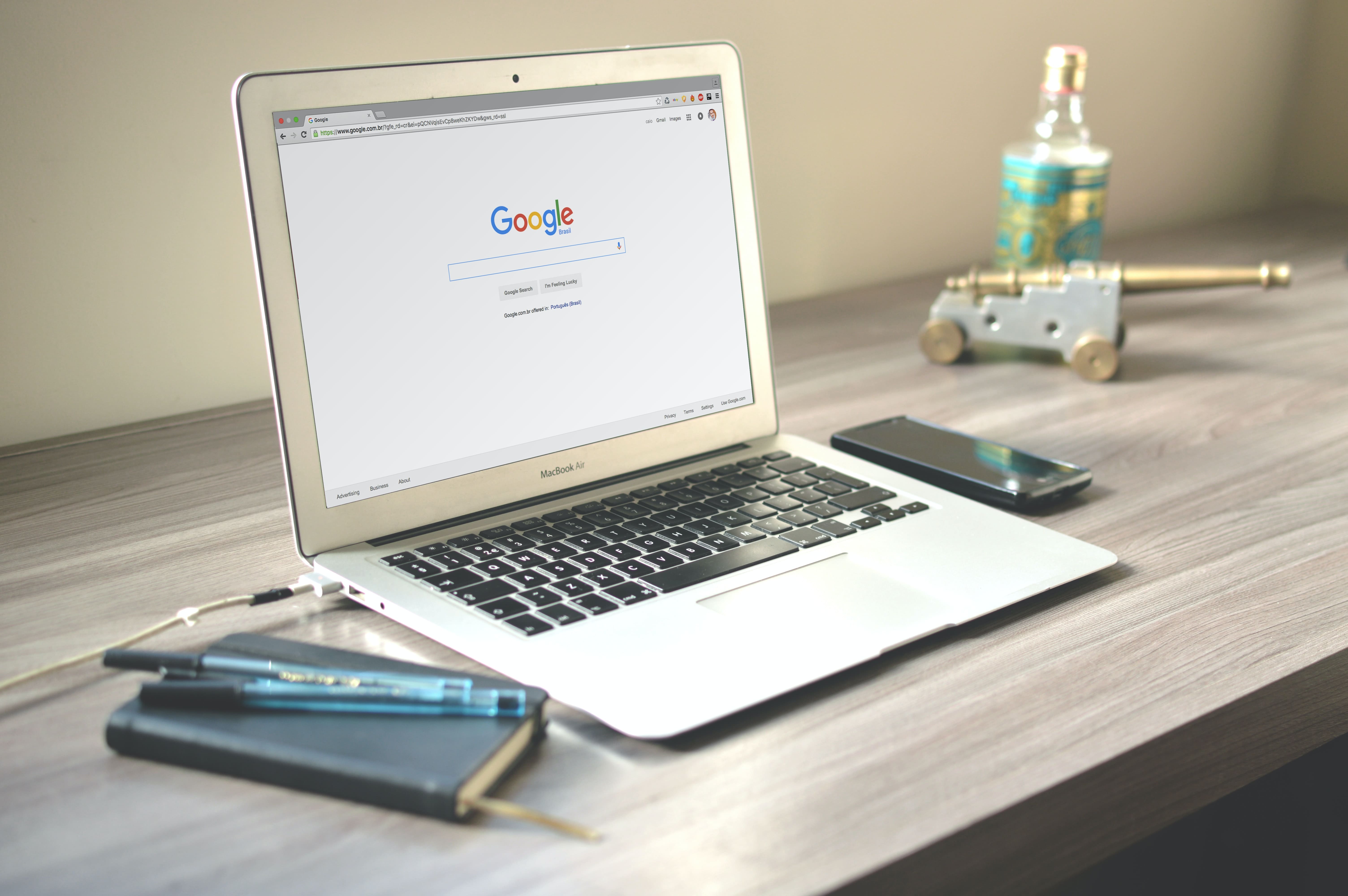Is Google Search getting worse?

Are your search results less useful than they were years ago? Are you seeing more ads, more links to ads, and more spammy content?
The comments were made on a recent Freakonomics podcast episode that looked at whether the quality of Google search has declined over the years. The episode also featured comments from former Google executives like Sridhar Ramaswamy, who was the head of its search advertising business and left in 2018, as well as Jeremy Stoppelman, the CEO of Yelp.
Issues with search. Some issues that Google is facing regarding search are about the declining quality of search results and the need to include search terms like “Reddit” in a query to find answers written by humans. Among the issues has been the increase of AI-generated pages, which are able to game Google’s algorithm to appear near the top of search results, even if the pages are of middling quality. Google has tried to combat the problem by updating its search algorithm and filtering out pages it deems “unhelpful.”
What Google says. Mayer said, “I do think the quality of the Internet has taken a hit.” “When I started at Google, there were about 30 million web pages, so crawling them all and indexing them all was relatively straightforward. It sounds like a lot, but it’s small. Today, I think there was one point where Google had seen more than a trillion URLs.”
When asked if URL inflation was responsible for worse search results, Mayer responded:
- “When you see the quality of your search results go down, it’s natural to blame Google and be like, “Why are they worse?” To me, the more interesting and sophisticated thought is if you say, “Wait, but Google’s just a window onto the web. The real question is, why is the web getting worse?”
Google’s solution. One way Google has tried to fight the overall decline in quality is by supplementing its index of a trillion web pages with some content of its own. If you ask a simple question about cooking or the age of some politician or actor, or even what’s the best podcast, you may see what Mayer calls an “inline result,” or what Google calls a “featured snippet.” It’s a bit of text that answers your question right there on the search results page, with no need to click on a link.
Mayer’s response:
- “I think that Google is more hesitant to send users out into the web. And to me that points to a natural tension where they’re saying, ‘wait, we see that the web sometimes isn’t a great experience for our searchers to continue onto. We’re keeping them on our page.”
The ads side. In response to the host referencing a famous quote about advertising income providing an incentive to provide poor-quality search results, Google Search VP Liz Reid responded:
“We take great pride in not only trying to provide high-quality results but ensuring that they are not influenced by ads. So we have a very strong culture that has lasted my entire time that says whether or not you’re an advertiser, does not allow you to change the results we show. You cannot pay us to change how you show. Those results are very pure, and we go to great lengths to ensure that that is the case. And so the quality of the search we provide is run separately from the ads to do that. Relevant ads are actually quite helpful to people and people often click on them and if they don’t click on them, they disappear. We don’t get paid if people don’t click on the results, it’s not we just get paid for showing them. But fundamentally, what we can do with the search results isn’t affected by the ads. We build out our search results separately.”
The eight-year-long experiment. Mayer and others at Google were concerned that showing ads with search results would degrade the experience for users. So she helped design an experiment to see how true that might be. Mayer said:
- “We said, ‘OK, 99 percent of users will get ads and we’re going to hold 1 percent not getting ads,’ just to make sure that if we start to see, in various search-health metrics, a degradation in how the searchers were feeling and using the search engine, we could pick up on it.”
So in 2000, the experiment went ahead – 99% of Google search users saw ads, and 1% did not. Then Google forgot about the experiment.
Mayer continued:
- “I think it was 2008, one of my colleagues came to me and said, ‘We have this issue, we have advertisers who call our customer support line and they’re very upset because they pay for ads and then they get assigned into this experimental group called No Ads at All, and they can’t see their ads and verify that they’re running.’ And I remember feeling – like I turned kind of white at my desk as I heard this, because I said, ‘Do you mean that experiment that I coded in 2000 is still running?’ And they were like, ‘Apparently.'”
Before they turned it off, Mayer wanted to analyze it.
The result. What Mayer and her team saw was 3% more searches from people who had ads than didn’t. They concluded that there was an appreciable difference over a long period of time that people actually liked Google search results more and did more searches when they had ads than when they didn’t.
Dig deeper. You can listen to the entire Freakonomics episode here.
Why we care. Google makes about 80% of its revenue from advertising. But if search results are low quality, users will go elsewhere, like TikTok. It’s easy to see how the need to stay relevant could be costing them in the long run.
Published on: 2022-11-16
Tags: SEO
Written By: David